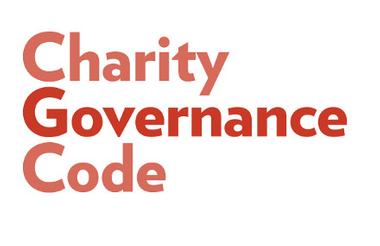Sector experts have expressed concern after a potential charge for using the Charity Governance Code was proposed.
A survey running to 11 August asks whether charities would be “willing to pay a small fee, based on your organisation’s size, to use the code”.
“The code is led by a voluntary steering group of not-for-profit infrastructure bodies,” it says.
“In order to support the development of the code, this group has to raise money from external sources.
“To enhance the code in the future, with an engaging website and tools, the group will need to secure longer term funding.”
The survey then asks whether charities would be willing to pay themselves, if they were open to the code group seeking a corporate partner, or whether professional advisors should be charged to use it.
Penny Wilson, outgoing chief executive of Getting on Board charity, said introducing a charge could present barriers to smaller charities, who were “much less likely to know that the code exists, let alone use it”.
Another sector expert, who wished to remain anonymous, said the code needs “to do a lot more work before they can justify charging”.
Meanwhile, Directory of Social Change chief executive Debra Allcock-Tyler posted on social media that the charging proposal was a “terrible idea”.
Most trustees ‘haven’t heard of the code’
Wilson said the code – which advises trustees to focus on seven principles including integrity, purpose and equality, diversity and inclusion – is currently underused, particularly by smaller charities that do not employ governance professionals.
“It’s really common for trustees not to have heard of the governance code at all,” said Wilson, whose organisation helps to improve charities’ governance.
“If you’ve worked in the charity sector, you might have come across it through your day job.
“But if you’ve come from a different sector, I would say the majority of trustees haven’t heard of the governance code.”
Wilson said she sympathised with the steering group’s aim to make the code sustainable but said charging could put people off from using it.
“The smaller organisations – it’s another barrier to them using the code and I think the code is a brilliant tool.
“So, that would be shooting ourselves in the foot a bit by erecting yet another barrier to its use.”
‘Stuck in a rut’
The anonymous sector expert, meanwhile, suggested other changes to the code should be made first.
“Perhaps some kind of certification process for good governance, as well as making sure their own approach to governance is best in class,” they said.
“There is so much potential for the code, but it’s hard not to escape the conclusion that they are stuck in a rut, when they need to be evolving to meet the changing needs of the sector.”
A spokesperson for the code’s steering group said the question in its survey was “not an indication of a plan of any kind”.
“Any consultation offers an opportunity to seek opinion on a range of matters,” they said.
“The code at the moment relies on the voluntary goodwill of partners and limited funding and we would like to gather ideas and thoughts about the code’s long-term sustainability.”












